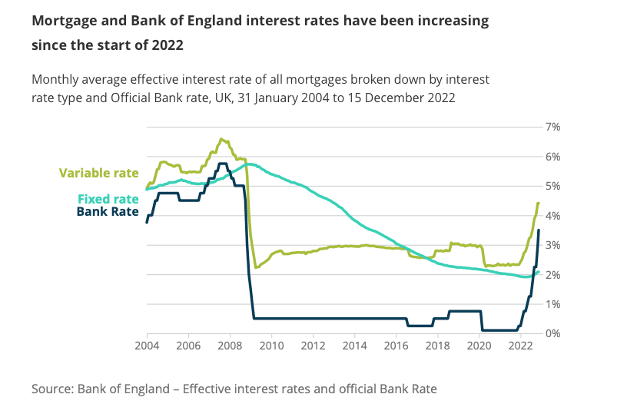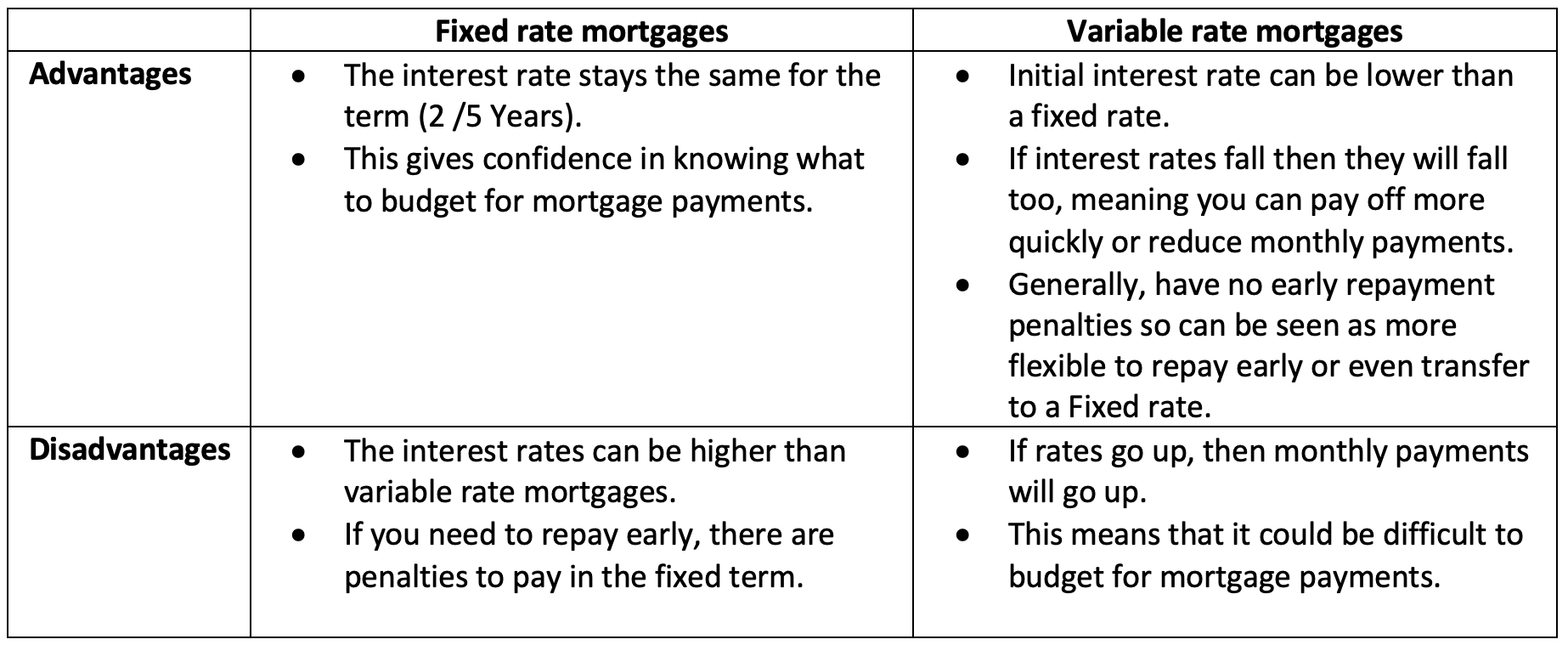In 2023, 1.4 million fixed rate mortgages will expire, 57% of which were fixed at rates below 2%. [1]
Putting the impact into pounds and pence, data from the Office for National Statistics (ONS) found that on a £300,000 mortgage, borrowers could be paying up to £661 a month more once their current deal expires. The ONS reckons the average rise will be around £250 a month. [1]


